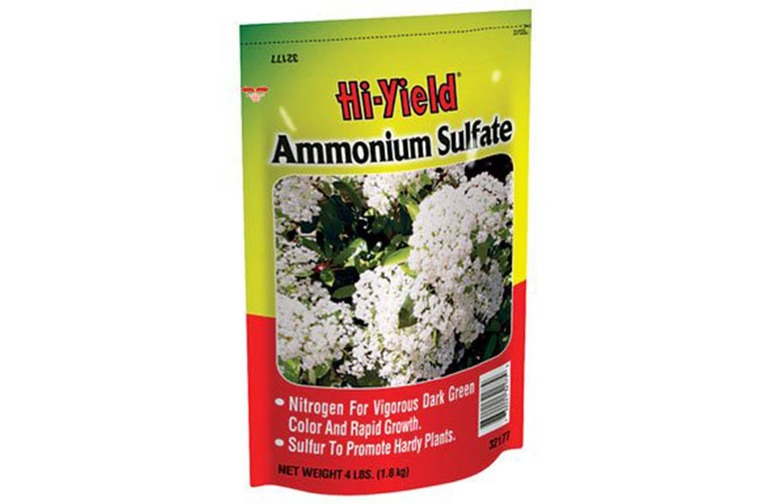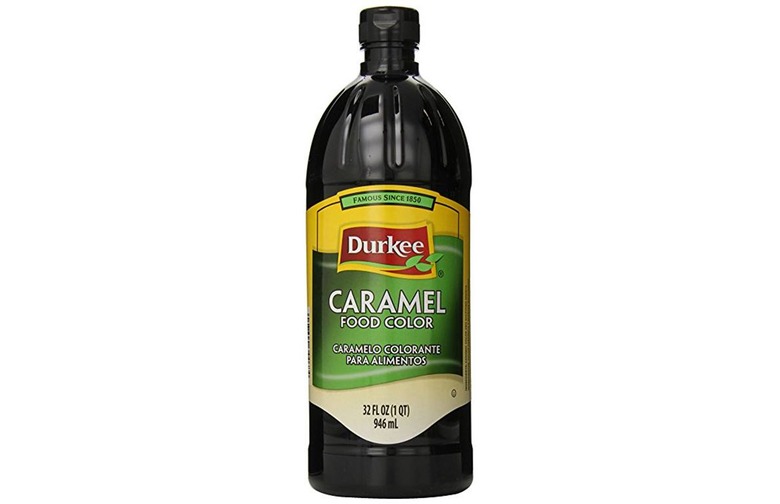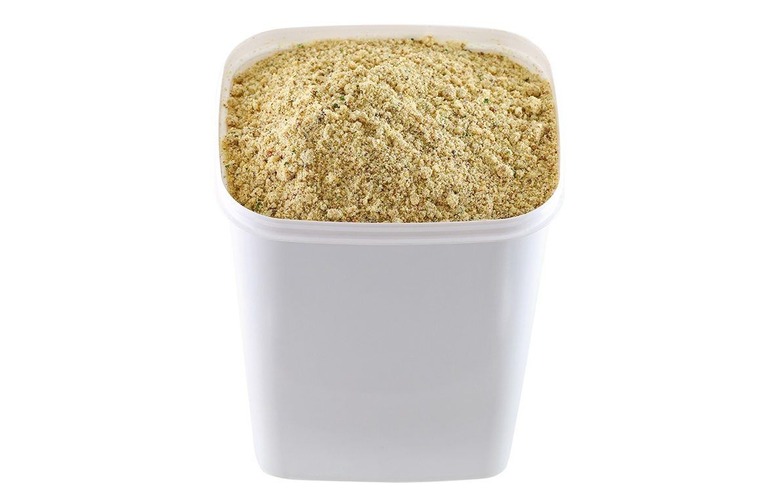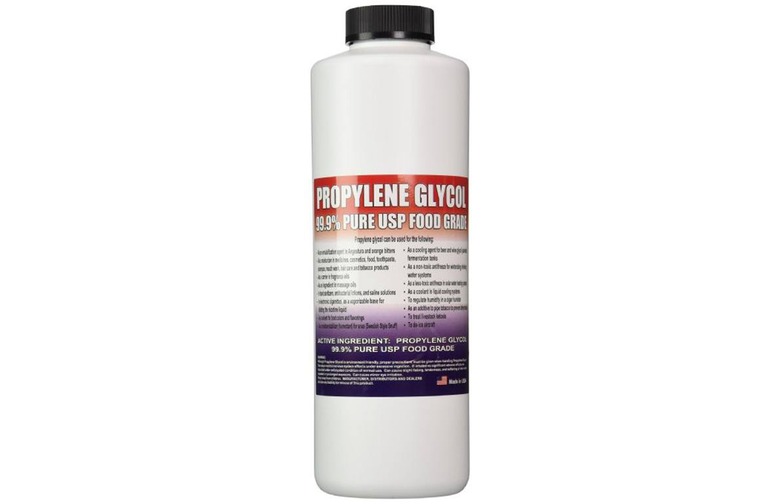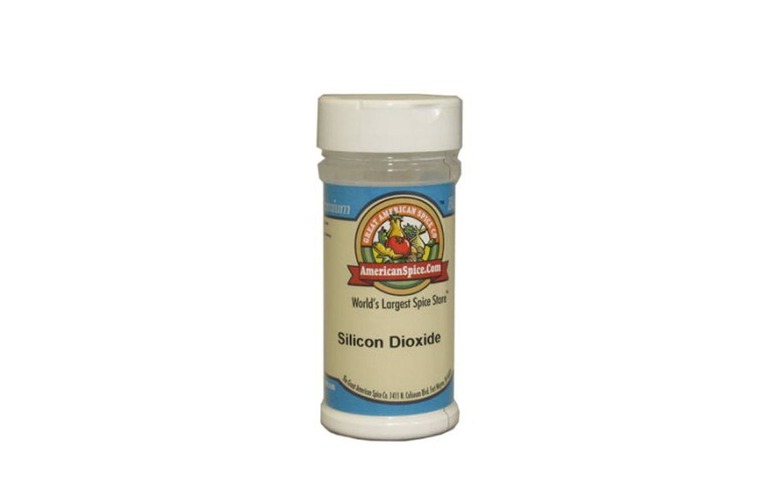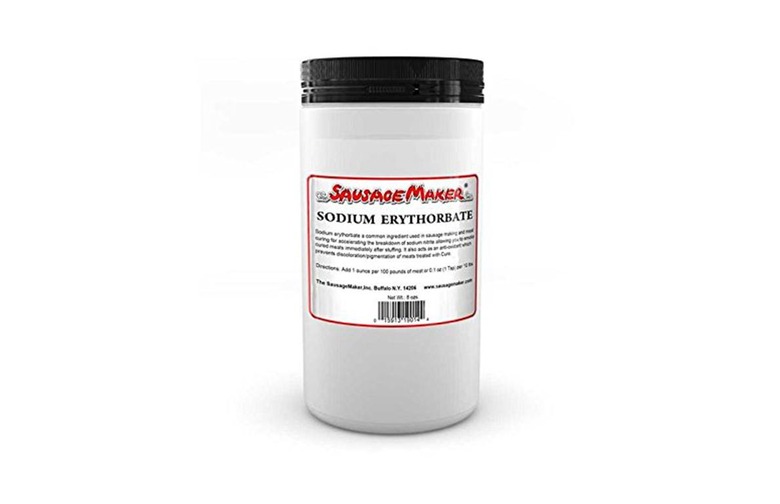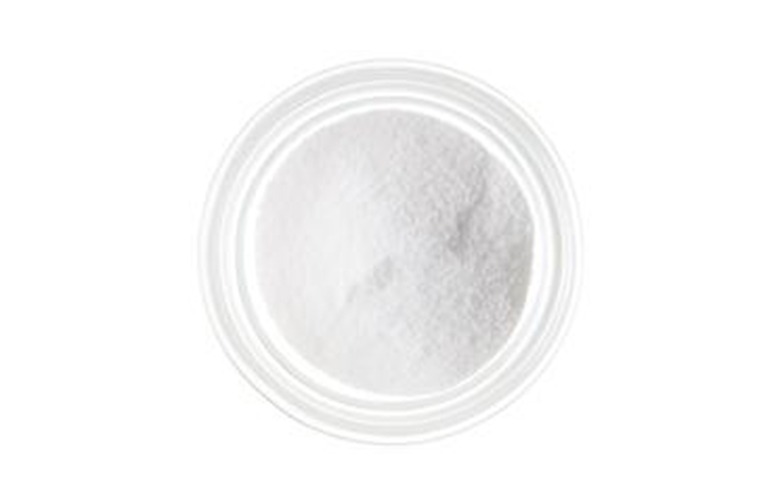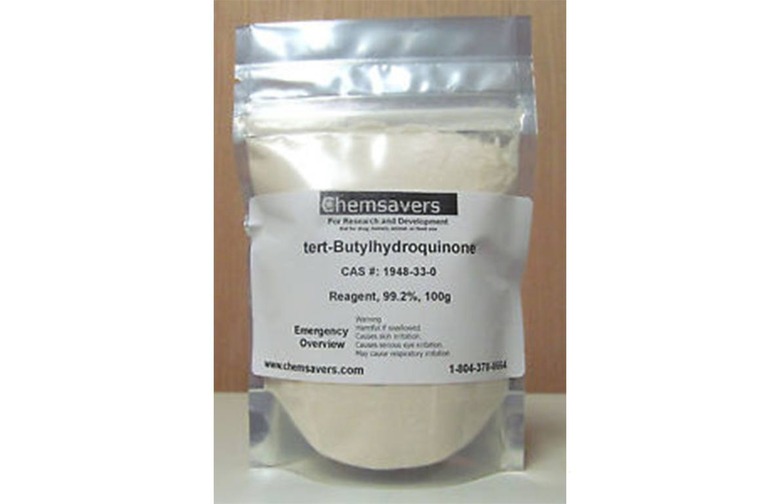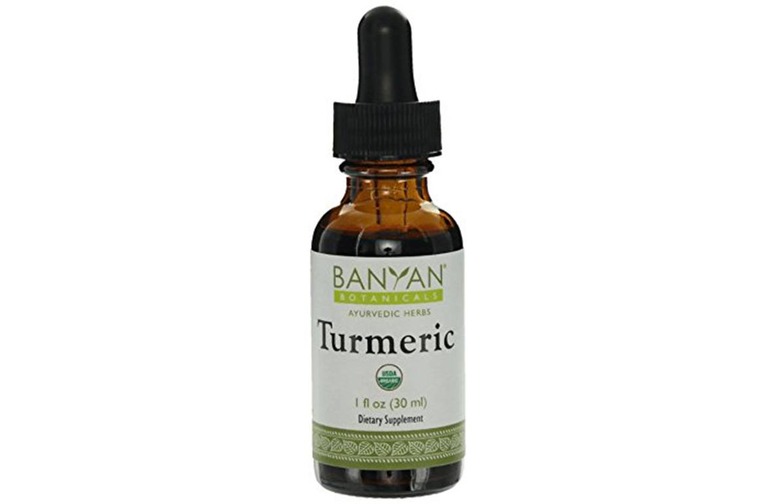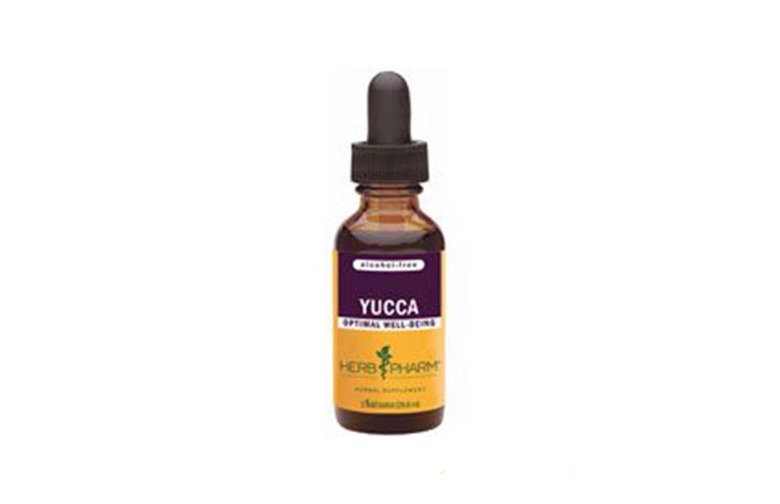You Won't Believe What's Actually In Your Fast Food Slideshow
A leavening agent regularly added to fast-food hamburger buns, ammonium sulfate is a common ingredient in garden fertilizers because of its high nitrogen content. The additive is generally recognized as safe by the U.S. Food and Drug Administration and the European Union, but it has been banned in some parts of Pakistan and Afghanistan for its potential to be used as an explosive.
Caramel Coloring
Burger King uses caramel coloring to give its chili, barbecue sauce, and oatmeal a little darker tan. Caramel coloring is considered safe to eat by the FDA, but some types contain 4-methylimidazole, a possible carcinogen. Another health concern of caramel coloring is that it's often derived from wheat- or dairy-based starters, which could potentially trigger food allergies in glucose- or lactose-sensitive children and adults.
“Natural Beef Flavor”
Did you know that "natural beef flavor" is most likely vegetarian friendly? Scientists have identified the amino acids that give beef its signature flavor, and they have been able to replicate the taste without using any meat at all. Natural beef flavor is usually derived from a combination of yeast, starch hydrolysate, and citric acid.
Propylene Glycol
What do electronic cigarettes, whipped dairy products, and Taco Bell's Creamy Jalapeño Sauce have in common? They all contain propylene glycol, more commonly known as "the anti-freeze chemical." The idea of ingesting neon-green fluid is off-putting, but the additive has been found to not be seriously toxic to humans in small quantities.
Silicon Dioxide
This additive has largely been removed from most fast-food items, but it still pops up every once in a while, like in Burger King's Dutch Apple Pie. Silicon dioxide is essentially just sand, but it's also used by the food industry as an anti-caking agent.
Sodium Erythorbate
Bacon, hot dogs, and other cured meats get their signature pink hue from the nitrates and nitrites used to preserve them. McDonald's uses sodium erythorbate in its bacon, but the chemical is also used in the metals industry as a corrosion inhibitor.
Sodium Stearoyl Lactylate
Sodium stearoyl lactylate serves many functions as an ingredient in fast food: It strengthens dough, blends liquids and oils, and replaces fat and sugar in certain recipes. Burger King shows off the additive's versatility by using it in its Frappe Mochas, Grilled Dog Buns, and French Toast Sticks. You can also find it in shaving creams and foot moisturizers.
TBHQ (tertiary butylhydroquinone)
TBHQ, or tertiary butylhydroquinone, has fallen out of fashion as a preservative because a comprehensive study from the Centers for Science in the Public Interest found that the chemical increased the risk of tumors developing in rats. TBHQ is technically an antioxidant, but not the healthy kind. Its main purpose in fast food is to protect flavor, extend shelf life, and prevent rancidity. TBHQ can be found in Burger King's Reese's Peanut Butter Cup Pie and Taco Bell's Doritos Locos Taco Shells.
Turmeric Extract
It might be a surprise to see a signature Indian spice on the ingredient list of your McDonald's Filet-O-Fish, but turmeric has actually grown quite popular in the fast-food industry. The spice, however, is not being used for its health properties or mild flavor, rather its purpose is to replace unpopular artificial food colorings.
Yucca Mohave Extract
You can find this bizarre ingredient in your Taco Bell's Airhead Mystery Freeze, but it's probably nothing to fear. Yucca extract is used in animal feed and in a variety of herbal tinctures and medications, but it's also a natural deodorizer. Why it's included in Taco Bell's Airhead Mystery Freeze is, well, a mystery.
